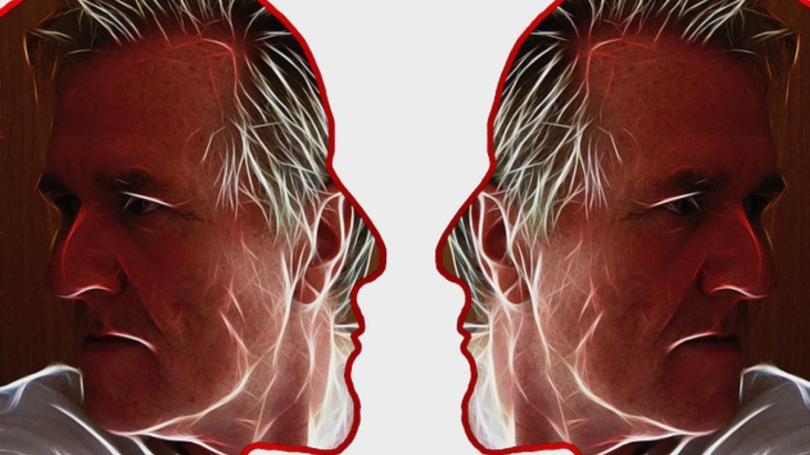Anger and other negative emotions are not usually indicators of narcissistic personality disorder. The chemical imbalance or head injury may be at the root of the problem. Narcissistic rage, however, encompasses a wide spectrum of behaviors, from explosive outbursts and unexpected moments of wrath to passive-aggressive acts like simmering resentment.
Regardless of whether the narcissist’s attention is being diverted from more important topics or not, if they are not focused on it in the way they want, they may explode enough. As a result of having their needs and wants disregarded, a narcissist may react with intense hostility or be highly passive-aggressive.
Seeing their idealized self shattered in that way is distressing, but if narcissists are the type who place the most importance on how they look from the outside, how can this be all right?
Continue reading on the next page
Sharing Is Caring!






